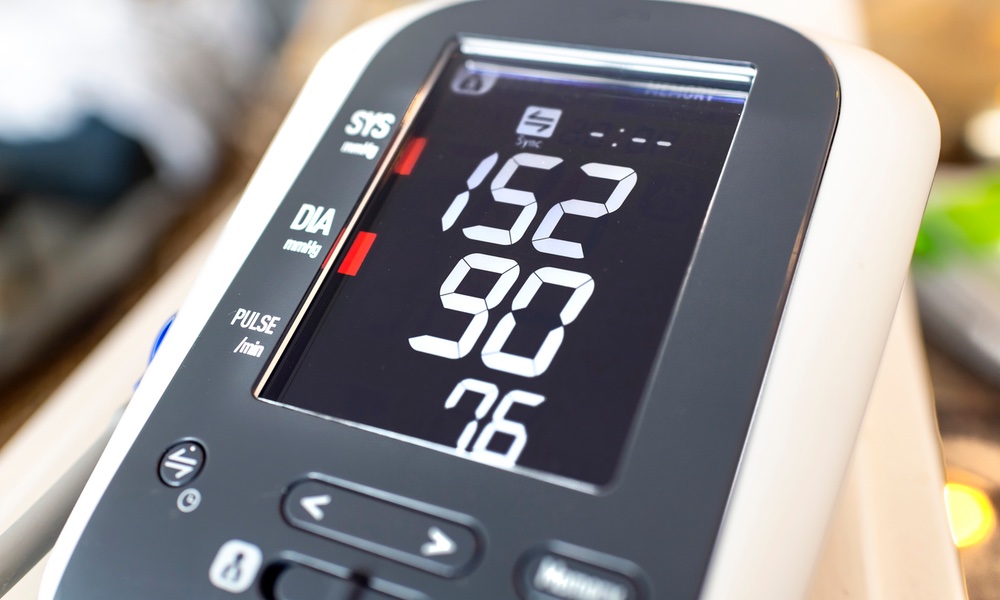“Mother’s milk is soul food for babies,” according to Ina May’s Guide to Breastfeeding. But breastfeeding does more than that. University of Pittsburgh researchers have discovered that breast milk from each individual, whether given by the mother or a donor, contains its own unique group of antibodies. What’s more, the antibodies are surprisingly stable throughout lactation and across pregnancies.
These findings shed light on why a life-threatening gut disease called “necrotizing enterocolitis” (NEC) most often affects preterm and formula-fed infants.
NEC is a serious gastrointestinal condition that inflames intestinal tissue and causes it to die. According to senior author of the study, Timothy Hand, associate professor of Pediatrics and Immunology at University of Pittsburgh’s School of Medicine and UPMC Children’s Hospital of Pittsburgh, the condition is about two to four times more frequent in formula-fed babies than those fed breast milk.Infants’ immune systems develop between the ages of two to three months. Before this time, babies are protected from harmful bacteria by antibodies transferred through the placenta — and after birth, by breast milk.
Antibodies are proteins produced by our own immune system. But a newborn doesn’t have these antibodies. Their immune system develops between the ages of two to three months. Before this time, babies are protected from harmful bacteria by antibodies transferred through their mom’s placenta — and after birth, in breast milk.
“This means that if a baby’s parent happens to lack particular antibodies, such as those that fend off NEC, they’re never going to receive that immunity. This could help explain why some babies get NEC and others don’t,” said Hand. Other studies have indicated that mother’s own milk is the best food for reducing a premature baby’s likelihood of developing NEC, but if that isn’t available, donor milk is a good substitute.
To understand the particular beneficial properties of breast milk, Hand and his team analyzed donor breast milk obtained from the Human Milk Science Institute and Biobank in Pittsburgh and Mommy’s Milk Human Milk Research Biorepository in San Diego, Ca. By exposing these samples to a variety of bacteria, they measured which strains each donor’s antibodies bound to.
During pregnancy, B cells (a type of white blood cell), travel from the intestine to the mammary gland, where they start making antibodies. But Hand noted: “Individual donors’ antibody profiles looked completely different, which is what we had expected but were able to show for the first time.”
The researchers additionally investigated whether breast milk antibodies were different if a donor delivered preterm. “Some B cells move to the mammary gland during the third trimester, so we wondered if a person delivers before this trimester is complete, would their milk have fewer antibodies,” explained Hand. “The good news was that we found no difference: Individuals who deliver preterm have just as many antibodies and the same diversity as those who deliver full-term.”Mother’s own milk is the best food for reducing a premature baby’s likelihood of developing NEC, but if that isn’t available, donor milk is a good substitute.
In the future, a better understanding of which specific bacteria pose the most risks to preterm infants could help scientists develop antibodies which could be added to either formula or breast milk in order to boost immunity.
Keeping the latest findings of breast milk’s benefits in mind, it’s also important to acknowledge that not all mothers can, or choose to breastfeed for many reasons including medical conditions, workplace situations or personal choice. In these cases, infant formula is a safe and viable alternative.





